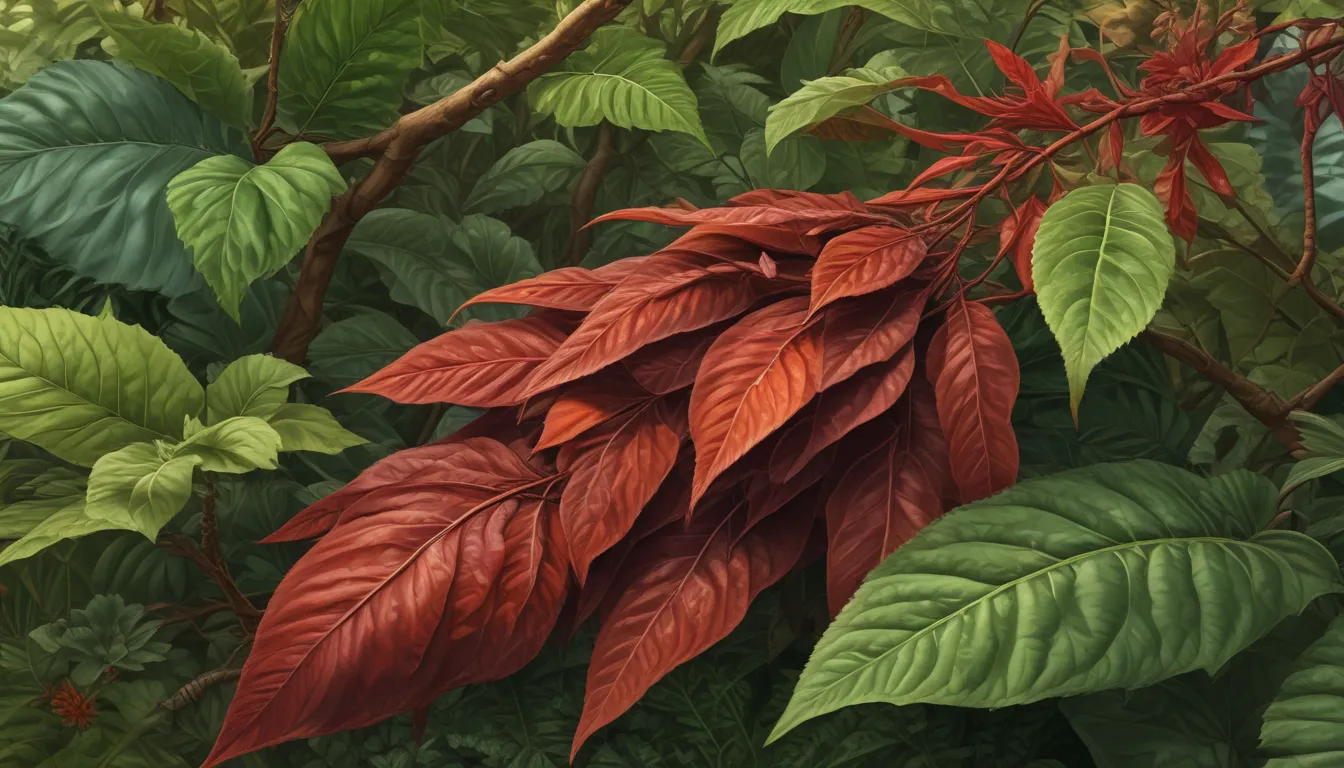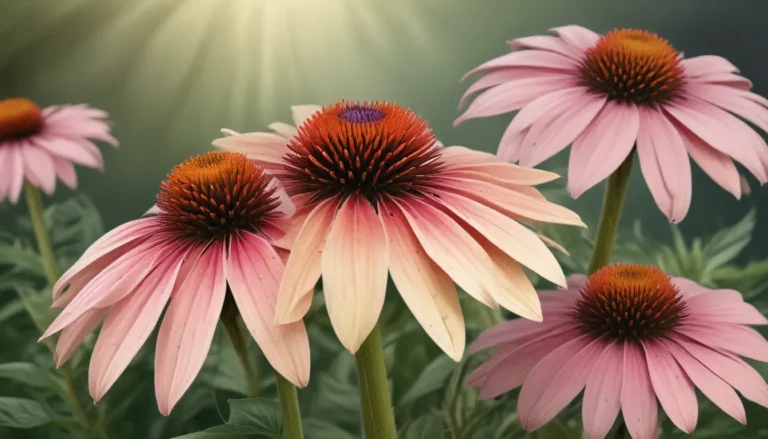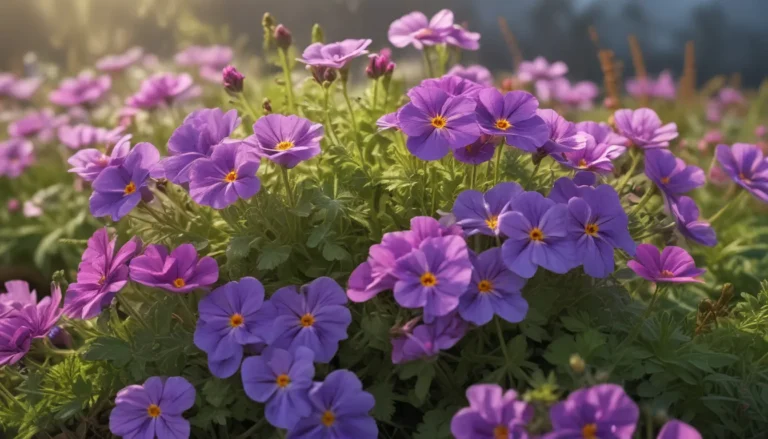The pictures we use in our articles might not show exactly what the words say. We choose these pictures to make you interested in reading more. The pictures work together with the words but don’t take their place. The words still tell you the important facts.
Welcome to the fascinating world of the Castor Bean plant, also known as Ricinus communis. This remarkable plant has captured the attention of botanists and garden enthusiasts for centuries, thanks to its striking appearance and diverse uses. In this article, we will delve into nine intriguing facts about the Castor Bean plant that will expand your knowledge and appreciation for this unique botanical specimen.
Unveiling the Mysteries of the Castor Bean Plant
The Castor Bean plant is an enigmatic beauty that combines both allure and danger. Its large leaves and colorful seed capsules make it a captivating addition to any garden, but beneath its charm lies a potent toxin known as ricin, making it one of the deadliest plants on Earth.
A Glimpse into History
With origins in Eastern Africa, the Castor Bean plant has a rich history dating back thousands of years. The ancient Egyptians valued this plant for its medicinal and cosmetic properties, particularly the castor oil extracted from its seeds.
Beyond Toxicity: Versatile Applications
Despite its toxic nature, the Castor Bean plant offers a wide range of benefits. Castor oil, a product of its seeds, is utilized in cosmetics, pharmaceuticals, and even as an engine lubricant. Its unique properties promote hair and skin health and have therapeutic effects on various medical conditions.
Growth Spurt: A Rapid Journey
Known for its rapid growth, the Castor Bean plant can soar to heights of 6 to 15 feet in a single growing season. Its large seeds sprout vigorously, making it a favored choice for those seeking quick landscaping results.
Resilience in Diversity
Thriving in diverse climates and soil conditions, the Castor Bean plant demonstrates remarkable resilience. It can endure droughts, heavy rainfall, and even contaminated soil, serving as a natural bio-remediator.
Fueling the Future: Biodiesel Potential
In the realm of sustainable energy sources, the Castor Bean plant shines as a potential feedstock for biodiesel production. Its oil boasts properties conducive to biofuel conversion, but challenges such as toxicity and scalability must be addressed.
Tales of Spirituality and Folklore
Across different cultures, the Castor Bean plant holds spiritual significance. Beliefs range from protective properties against evil spirits to associations with wealth and prosperity. In Nigeria, the Yoruba people incorporate castor bean seeds into their practice of Ifá divination.
Healing Potential Amidst Toxicity
Researchers are exploring the therapeutic applications of the Castor Bean plant beyond its toxic effects. Compounds within the plant exhibit antimicrobial and anti-inflammatory capabilities, paving the way for the development of new drugs and treatments.
Embracing the Dark Side
Despite its beneficial aspects, the Castor Bean plant's dark side, embodied by the toxin ricin, cannot be overlooked. Security measures are essential to prevent potential misuse of the plant and its derivatives.
Embracing the Enigma
In conclusion, the Castor Bean plant remains a captivating and multifaceted botanical wonder. Its deadly beauty, diverse applications, and storied history continue to ignite curiosity and admiration among enthusiasts. Approach this plant with caution and respect, and you will uncover a valuable addition to your garden or landscape, as well as a potential source of renewable energy and industrial materials.
Frequently Asked Questions
Q: Is the Castor Bean plant dangerous?
A: Yes, parts of the Castor Bean plant, particularly the seeds, contain the lethal toxin ricin. Care should be taken when handling the plant to avoid exposure to the toxin.
Q: Can the Castor Bean plant be grown indoors?
A: Yes, the Castor Bean plant can thrive indoors in a potted environment. However, ensure ample space and sunlight for its optimal growth.
Q: Is Castor oil from the Castor Bean plant safe for medicinal use?
A: Yes, Castor oil derived from the Castor Bean plant has been used medicinally for centuries. Consult a healthcare professional before utilizing it for medicinal purposes.
Q: How quickly does the Castor Bean plant grow?
A: The Castor Bean plant exhibits rapid growth, reaching its full height within a single growing season.
Q: Can the Castor Bean plant be utilized for biodiesel production?
A: Yes, the high oil content in Castor Bean seeds makes them suitable for biodiesel production. Consider sustainability factors when exploring large-scale biofuel applications.
The mysteries of the Castor Bean plant are abundant, waiting to be uncovered. From its growth patterns to its potential contributions in various industries, this enigmatic plant offers a wealth of knowledge and intrigue. Delve deeper into the world of Castor Bean plants and unlock a newfound appreciation for their complexity and diversity.






